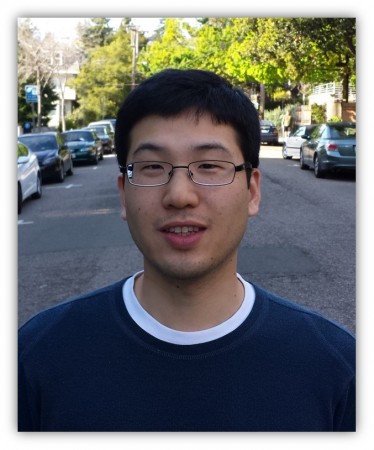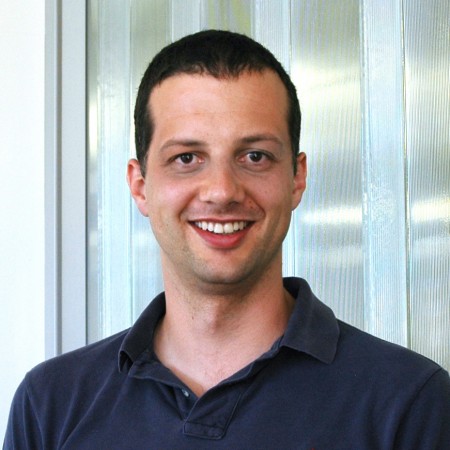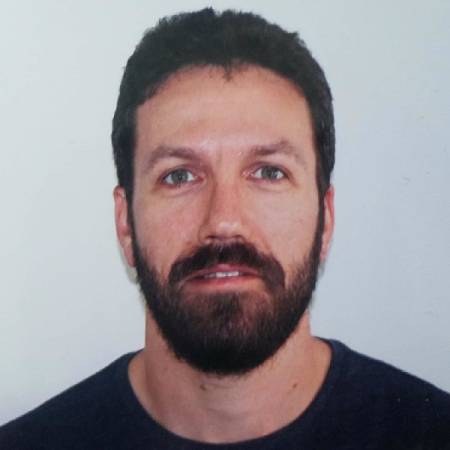VASC Seminar
Learning to localize and anonymize objects with indirect supervision
Abstract: Computer vision has made great strides for problems that can be learned with direct supervision, in which the goal can be precisely defined (e.g., drawing a box that tightly-fits an object). However, direct supervision is often not only costly, but also challenging to obtain when the goal is more ambiguous. In this talk, I [...]
Video Compression for Recognition & Video Recognition for Compression
Abstract: Training robust deep video representations has proven to be much more challenging than learning deep image representations. One reason is: videos are huge and highly redundant. The 'true' and interesting signal often drowns in too much irrelevant data. In the first part of the talk, I will show how to train a deep network [...]
Tracking Beyond Detection
Abstract: The majority of existing vision-based methods perform multi-object tracking in the image domain. Yet, in mobile robotics and autonomous driving scenarios, pixel-precise object localization and trajectory estimation in 3D space are of fundamental importance. Furthermore, the leading paradigms for vision-based multi-object tracking and trajectory prediction heavily rely on object detectors and effectively limit tracking [...]
Exploiting Deviations from Ideal Visual Recurrence
Abstract: Visual repetitions are abundant in our surrounding physical world: small image patches tend to reoccur within a natural image, and across different rescaled versions thereof. Similarly, semantic repetitions appear naturally inside an object class within image datasets, as a result of different views and scales of the same object. We studied deviations from these [...]
Attending to Pixels, Embedding Pixels, Predicting Pixels
Abstract: Nowadays splashy applications heavily depend on meticulously annotated datasets, data-driven and learning-based methods, among which pixel labeling plays an important role yet often lacks interpretability. In this talk, I will discuss how we deal with pixels with better interpretability. Firstly, I'll introduce the pixel embedding framework that allows for clustering pixels into discrete groups [...]
Automatically Supervised Learning: Two more steps on a long journey
Abstract: I will talk about two recent pieces of work that attempt to move towards learning with less reliance on labeled data. In the first, part, I will talk about how the surrogate task of predicting the motion of objects can induce complex representations in neural networks without any labeled data. In the second part of [...]
Geometric Deep Learning for Perceiving and Modeling Humans
Abstract: Perceiving and modeling shape and appearance of the human body from single images is a severely under-constrained problem that not only requires large volumes of data, but also prior knowledge. In this talk I will present recent solutions on how deep learning can leverage on geometric reasoning to address tasks like 3D estimation of [...]
Human-Level Learning of Driving Primitives through Bayesian Nonparametric Statistics
Abstract: Understanding and imitating human driver behavior has benefited for autonomous driving in terms of perception, control, and decision-making. However, the complexity of multi-vehicle interaction behavior is far messier than human beings can cope with because of the limited prior knowledge and capability of dealing with high-dimensional and large-scale sequential data. In this talk, I [...]
Knowledge Transfer Graph for Deep Collaborative Learning
Abstract: In this talk I will present our latest research about knowledge transfer graph for Deep Collaborative Learning (DCL), which is a method that incorporates Knowledge Distillation and Deep Mutual Learning. DCL is represented by a directional graph where each model is represented by a node, and the propagation of knowledge from the source node to the [...]
Some New Designs of Convolutional and Recurrent Networks
Abstract: Convolutional networks (CNNs) and recurrent networks have driven the great engineering success of deep learning in recent years. However, as academics, we still wonder whether they are indeed the ultimate models of choice. Especially, CNNs seem unable to characterize predictive uncertainty, and they are highly dependent on small filters on small, rectangular neighborhoods. On [...]









